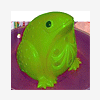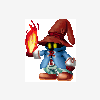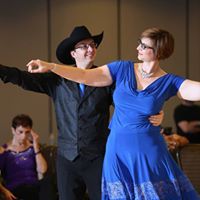-
Welcome to the eG Forums, a service of the eGullet Society for Culinary Arts & Letters. The Society is a 501(c)3 not-for-profit organization dedicated to the advancement of the culinary arts. These advertising-free forums are provided free of charge through donations from Society members. Anyone may read the forums, but to post you must create a free account.
eG Foodblog: Swisskaese - Hannukah: The Feastival of Light
-
Similar Content
-
Kitchen Lighting 1 2 3
By paulraphael,
- 67 replies
- 5,406 views
-
- 1 reply
- 355 views
-
- 0 replies
- 1,245 views
-
- 27 replies
- 3,777 views
-
- 15 replies
- 56,754 views
-
-
Recently Browsing 0 members
- No registered users viewing this page.






Recommended Posts